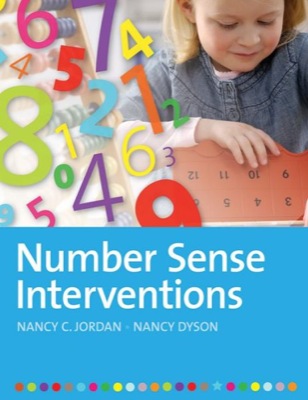
Teaching math sense
UD colleagues develop engaging mathematics curriculum guide
1:42 p.m., Jan. 2, 2014--Think how difficult math would be for a kindergartner who can’t tell you that three pennies represents the number three, or that a set with five cookies has more than a set with three cookies.
While the tasks seem simple, many children, particularly those from low-income families, come to school without such basic number competencies.
Research Stories
Chronic wounds
Prof. Heck's legacy
“Number competencies involving symbols are highly predictive of later math success, and early weaknesses in number sense can result in long lasting math difficulties or disabilities,” said Nancy C. Jordan, professor in the University of Delaware’s School of Education.
Jordan is in the midst of a five-year grant from the Eunice Kennedy Shriver National Institute of Child Health and Human Development to study students at risk for math difficulties and develop interventions to help kindergartners develop number sense. She is also principal investigator of the Center for Improving Learning of Fractions, funded by the Institute for Education Sciences (IES).
To help teachers strengthen the foundation of math skills, Jordan and colleague Nancy Dyson, a researcher in the School of Education, have developed a curriculum called Number Sense Interventions.
This user-friendly guide contains interventions that are fun, simple and highly effective at boosting key math skills related to number concepts, number relations, and number operations.
Teachers get 24 scripted lessons, each 30 minutes long, designed for small groups of struggling learners. Proven in studies to improve young children's number sense, these engaging lessons help resolve early math struggles before first grade and start students on the path to long-term success in elementary school and beyond.
The guide is based on research published in 2012 in the Journal of Educational Psychology that Jordan conducted with UD colleagues Dyson, Joseph Glutting, professor, and former education doctoral students Brenna Hassinger-Das and Casey Irwin, evaluating children from five Delaware elementary schools that serve primarily low-income children.
Using random assignment, 132 students were divided into three groups – a number sense intervention, a contrasting language intervention, and a business-as-usual control group. The results showed that the number sense intervention group performed better on number competencies and math achievement than the comparison groups.
And eight weeks later, when the children were tested again, many of the effects remained, suggesting they had internalized what they learned.
Jordan and Glutting have also developed a number sense screener to help teachers determine who needs help and to monitor progress. Her research team plans to scale up the number sense intervention to serve more kindergartners and to develop follow-up programs for children in subsequent grades.
“Our study shows that early number sense is malleable and can be successfully to taught to most children,” says Jordan.
Jordan was also among a panel of experts who helped create Teaching Math to Young Children, an educator’s practice guide published this month by the What Works Clearinghouse of the IES. This report offers educators evidence-based recommendations that address the challenge of teaching early math to children ages three to six.
Article by Christina Mason Johnston








